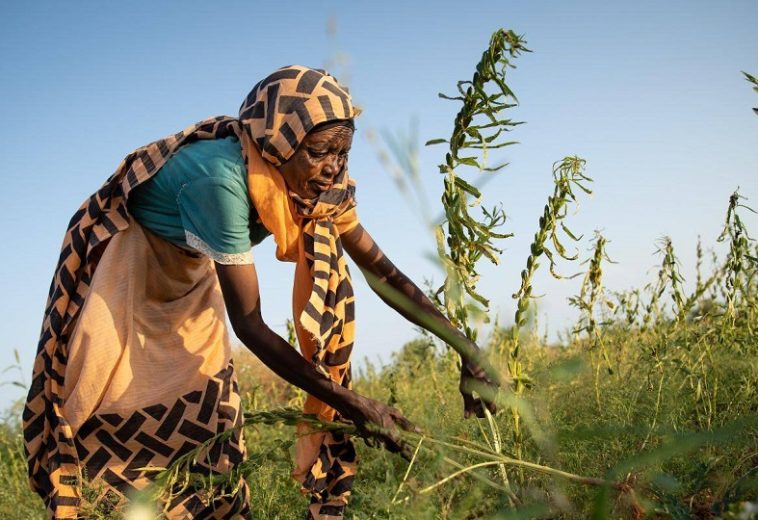Across Africa, storytelling plays a huge role in social development; preserving cultural heritage, contributing to education, promoting values and empowering change. As digital tools proliferate, young Africans are harnessing these platforms to rewrite narratives, challenge misrepresentations and revive the tradition’s role in societal transformation.
According to Technavio, the digital storytelling market is projected to grow by 9.87% annually between 2023 and 2028, emphasising an expanding interest in digital tools that boost communication skills and storytelling capabilities. Through online platforms and multimedia storytelling, these new voices are challenging stereotypes and highlighting Africa’s diversity and resilience. This is particularly relevant as digital technology empowers youth to address social issues, propose solutions, and advocate for reform on a global scale.
African storytelling traditions have historically focused on tales of resilience, morality, and societal roles. One prominent example includes the use of oral traditions by African novelists like Chinua Achebe, who incorporated proverbs, myths, and folktales to reflect societal values and challenge cultural perceptions.
Popular folktales, such as the story of Sundiata Keita, founder of the Mali Empire, or Anansi the Spider, reflect these values. These stories are not just historical records; they are a means of cultivating identity and belonging. For instance, Anansi stories, known across West Africa, teach ingenuity, justice, and the pitfalls of greed. This tradition emphasises morality and community cohesion, essential to Africa’s social structure. In the diaspora, storytelling remains a means for African communities to connect with their heritage, blending ancestral narratives with contemporary issues.
Research reveals storytelling’s psychological and educational benefits. Studies reveal that storytelling helps people retain information more effectively than statistics alone. Information presented as narrative is remembered by 65-70% of listeners, compared to just 5-10% when presented as raw data. This highlights storytelling’s importance in education, where lessons are better retained and understood when embedded within a story.
Digital Storytelling: A New Chapter for African Voices
To sustain its growth, Africa needs a knowledge-based economy that supports its people and leverages ideas to address diverse needs. According to the World Bank, digital transformation and skill development are essential for Africa’s workforce to remain competitive on a global scale. The rapid expansion of ICT and digital services across the continent has broadened access to information, created new job opportunities, and transformed work through automation and digital skill requirements.
The tradition of storytelling in Africa is not static; it adapts to new challenges and incorporates evolving mediums. Integrating traditional themes with digital innovations, African storytellers—particularly the younger generation—are rewriting the continent’s narrative. In this era, storytelling remains a powerful tool for empowerment, allowing Africans to dispel misconceptions, celebrate their heritage, and advocate for a future shaped by shared values and aspirations.




